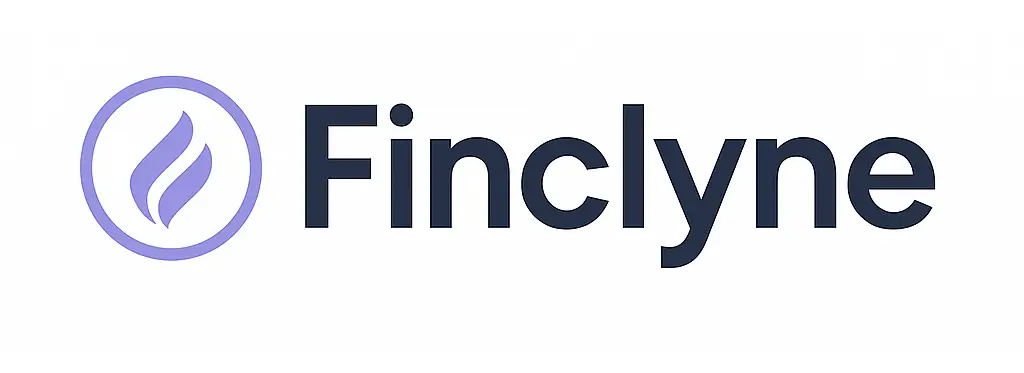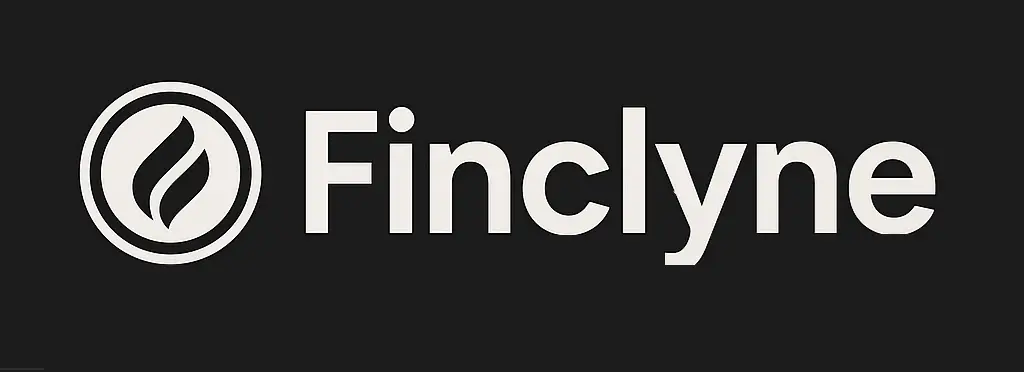## Did Trump’s Policies Deliberately Aim for a US Recession? A Youth Perspective
The question of whether former President Donald Trump intentionally steered the US economy towards a recession is a complex one, sparking heated debate among economists and political analysts. While no concrete evidence points to a deliberate attempt to induce a downturn, some argue that specific policies pursued during his presidency increased recessionary risks, potentially serving political or ideological goals.
Trump’s signature economic move, the 2017 Tax Cuts and Jobs Act, significantly slashed corporate and individual income taxes. While proponents touted its potential to stimulate economic growth, critics argued that it primarily benefited corporations and high-income earners, exacerbating income inequality while ballooning the national debt. This debt increase could limit the government’s ability to respond effectively to future economic shocks, potentially making a recession deeper and longer.
Furthermore, Trump’s trade policies, characterized by tariffs and trade disputes, particularly with China, disrupted global supply chains and increased prices for consumers. These trade wars, while intended to protect American industries, arguably harmed certain sectors like agriculture and manufacturing, increasing economic uncertainty and slowing growth. Some economists believe these policies contributed to a manufacturing recession even before the COVID-19 pandemic hit.
Another factor to consider is Trump’s approach to deregulation. While deregulation can stimulate economic activity, critics argue that some of the Trump administration’s deregulatory efforts weakened financial safeguards, potentially increasing systemic risk within the financial sector. This increased vulnerability could make the economy more susceptible to shocks and potentially trigger a recession.
It’s important to acknowledge that attributing a recession solely to one president’s policies is overly simplistic. Economic cycles are influenced by a multitude of factors, both domestic and global. The COVID-19 pandemic, for instance, had a profound and undeniable impact on the US economy, triggering a sharp recession in 2020.
However, analyzing Trump’s policies through an economic lens reveals that certain decisions, while potentially beneficial in the short-term or to specific groups, carried inherent risks that could contribute to a downturn. Whether these risks were consciously accepted in pursuit of other objectives remains a subject of ongoing debate, with no definitive answer. Young people entering the workforce and navigating their financial futures need to understand these complex economic dynamics and critically evaluate the potential long-term impacts of different economic policies.





